Law Adviser Dr. Asif Nazrul has revealed that during the previous government’s tenure, various agencies supplied “militant lists,” instructing that certain individuals must not be released.
Speaking at a roundtable discussion titled “On the Path to Accountability: Remembering the Victims of Enforced Disappearances” on Saturday (30 August) at a hotel in Dhaka, Nazrul said, “Whenever someone was released, several stakeholders would come to me asking, ‘Why was this person freed? He was a militant.’ Security agencies gave us lists labeling people as militants and directed that they must not be released. As a result, we continued to process politically motivated cases quickly so that they would not remain pending.”
The event was jointly organized by the Commission of Inquiry on Enforced Disappearances (CIED) and the UN High Commissioner for Human Rights (OHCHR). Among the participants were Public Works Adviser Adilur Rahman Khan, Chief Prosecutor of the International Crimes Tribunal Tazul Islam, CIED member Nabila Idris, and Huma Khan, Senior Human Rights Adviser at the UN Resident Coordinator’s Office in Dhaka.
Dr. Nazrul stated that over 90,000 politically motivated cases have already been withdrawn, but there were repeated concerns from stakeholders about indiscriminate withdrawal of terrorism and militancy-related cases.
“Out of 100 people branded as militants, only 5–10 might be actual militants, while the rest were falsely accused under the fascist regime of the Awami League,” he said.
He explained that although the authorities initially considered reviewing terrorism and murder cases at a later stage, the process would now begin as soon as the Enforced Disappearance Commission provides case lists.
“We must handle this with full confidence. If even one genuine militant is mistakenly released, pressure will mount on us that we are freeing militants,” he warned.
Regarding legislation, Nazrul noted that a draft law to prevent enforced disappearances was prepared hastily to coincide with the observance of the International Day for Victims of Enforced Disappearances.
“This is not the final version. We will hold further discussions involving all stakeholders. There are precedents—such as the Digital Security Act—which underwent months of debate after gaining policy approval,” he said.
He added that around 90 percent of the recommendations from the Enforced Disappearance Commission had been incorporated, though not all UN proposals were feasible in Bangladesh’s context.
“Still, some elements can be considered, and we will hold responsible discussions on those,” he stressed.
Highlighting the need for independent institutions, Nazrul said, “If human rights and disappearance commissions are not empowered to question the government, it will be impossible under a political administration. That is why we want to act quickly.”
Reflecting on personal experiences, he remarked, “I believe there are more bad people in the world than good, and the bad are far better organized. The good are often misled. Over the past year, I have witnessed many things that made life feel much more complex than before. During Hasina’s regime, I felt persecuted and suffocated, often sleepless at night. But I never imagined human beings could be this complicated.”


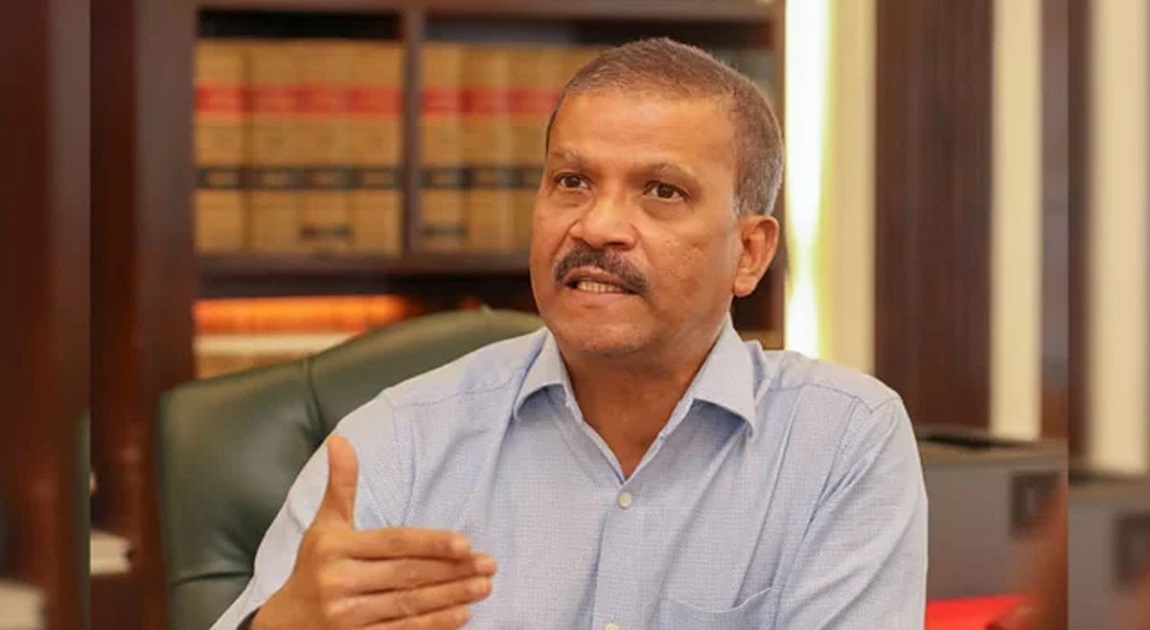

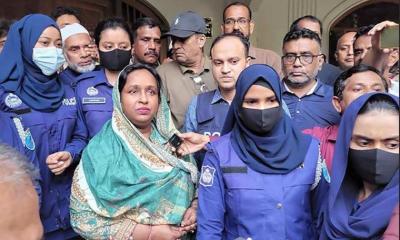
-20260228063029.jpg)

-20260223074941.jpeg)
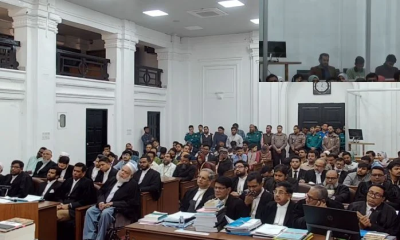
-20260121062240.jpg)


-20260303080739.webp)




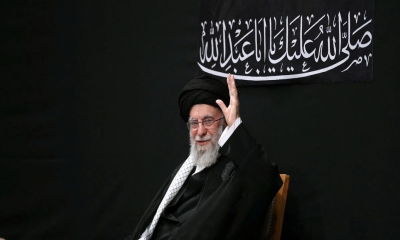
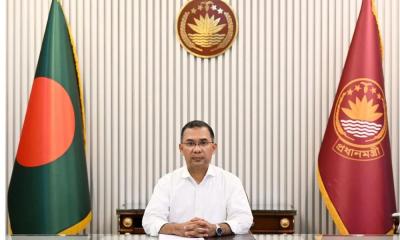


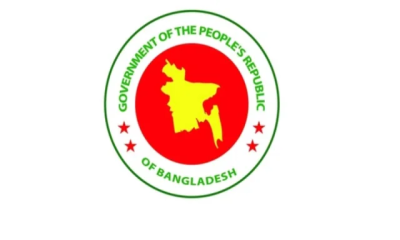
-20260302065048.webp)
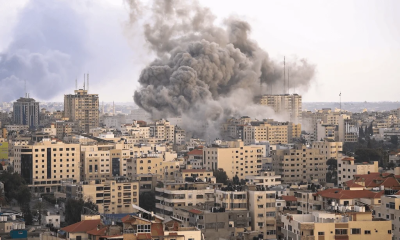









-20260224075258.webp)


-20260225072312.webp)
